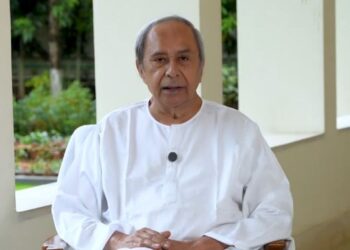The National Eligibility cum Entrance Test (NEET UG) 2025, held on May 4, has left aspirants grappling with increased difficulty levels.
With 22.7 lakh candidates appearing for the exam across 500+ cities, it stands as India’s largest undergraduate medical entrance test yet.
A major change in exam structure saw students attempting just four paper sets instead of 24, with a marked shift towards concept-heavy and application-based questions. The Physics section emerged as the most challenging, heavily emphasising the Class 11 syllabus, with calculations requiring more time than ever before. Chemistry proved moderately difficult, featuring multiple-concept questions, while Biology remained deeply rooted in the NCERT syllabus but tested students’ conceptual grasp rather than memorisation.
With the shift in approach, experts anticipate a drop in Physics scores, potentially affecting overall cut-offs for top government medical colleges. Analysts predict that NEET UG 2025 is in alignment with competency-based medical education, pushing students to apply their knowledge rather than rely on rote learning.
As NEET continues to become more competitive, evidenced by its growing number of candidates annually, aspirants will need to refine their preparation strategies to meet the evolving challenges of medical entrance exams.





























